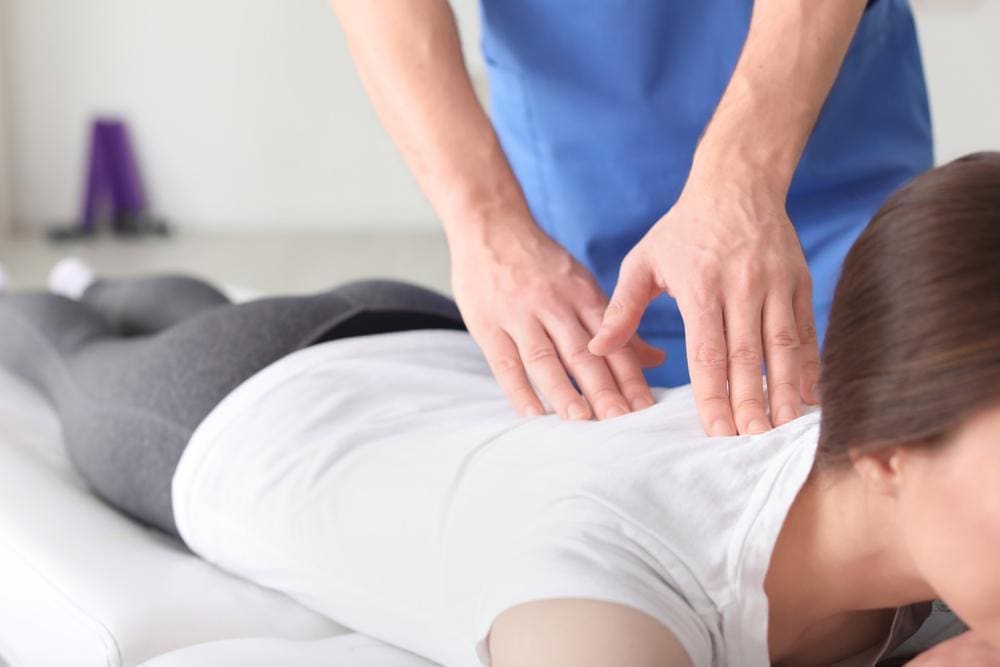
POTS, short for postural orthostatic tachycardia syndrome, is a combination of simultaneously occurring symptoms. Treating POTS is challenging because there’s rarely a clear cause, and the disorder varies greatly from person to person.
POTS affects how blood flows in the body. Things like blood pressure, heart rate, breathing, and digestion are controlled by the autonomic nervous system. POTS is a form of dysautonomia, a malfunction of the autonomic nervous system.
There are different types of POTS, including:
POTS is diagnosed when someone experiences any of the following within ten minutes of going from a sitting or lying to a standing position:
People with POTS are often misdiagnosed as having anxiety, especially early on in the disorder. Many of the symptoms of these conditions are the same. Over time, as symptoms worsen and treatment for anxiety is ineffective, patients receive the proper diagnosis of POTS.
POTS affects someone’s quality of life. It causes pain and a variety of other symptoms. In many cases, these symptoms intensify over time. Many of the symptoms of POTS are similar to those associated with anxiety. Additionally, POTS can cause or increase anxiety. If left untreated, the disorder severely affects a person’s daily life.
Researchers are not sure of the exact cause of POTS. However, it might be related to:
People have a higher risk of developing POTS when:
Chiropractic treatments are effective in reducing and alleviating POTS symptoms. It does so by:
Since POTS is linked to unhealthy toxic blood and a compromised nerve supply, chiropractic care uses various tools to alleviate stiffness, restore normal joint mobility, and decrease the intensity and frequency of pain and other symptoms of POTS.
There are several ways chiropractors help treat POTS. For example:
Poor posture worsens POTS symptoms. Poor posture strains the nervous system and negatively impacts blood flow. Chiropractors help patients improve posture and improve blood flow throughout their bodies.

Chiropractors perform spinal adjustments to restore proper alignment in the body. This helps to reduce pain and inflammation. It also improves nerve function and blood flow and reduces common POTS symptoms such as fainting and dizziness.
Massage and other soft tissue therapies help improve mobility and range of motion for people with POTS. It also helps with the pain caused by the condition.

In addition to hands-on treatment, chiropractors work with patients to take control of their health and improve their overall well-being. Suggestions for lifestyle changes to help with POTS include:
The critical thing to remember is that even if there is no cure for a disorder, you still have control over how you manage it. By reducing tension and improving spinal alignment with the help of a chiropractor, you can reduce or eliminate your POTS symptoms.

Chiropractic care is safe and all-natural. It can be used alone or in conjunction with other treatments. It can also provide secondary benefits. And because it’s holistic – it treats the body as a whole – many other medical conditions can be prevented or relieved when using chiropractic care to treat POTS. Chiropractors focus on the alignment and function of the nervous system and the spine and, when treating POTS, work to improve blood flow and nerve function. All of these things enhance overall health and well-being.

© Accident Care Chiropractic | Hablamos Español
Located in: North Portland, NE Portland, SE Portland, Gresham, Clackamas, Oregon City, Hillsboro, Bethany, Beaverton, Tigard, Forest Grove, Woodburn,
McMinnville, Keizer, Salem, South Salem, Bend, Springfield, Vancouver, Hazel Dell, East Vancouver, Pasco, Kennewick, Lakewood.
We Specialize in Car Accident Treatment & Recovery
Home | About Us | Testimonials | Blog | Sitemap | Privacy Policy | Services | Locations | Contact Us